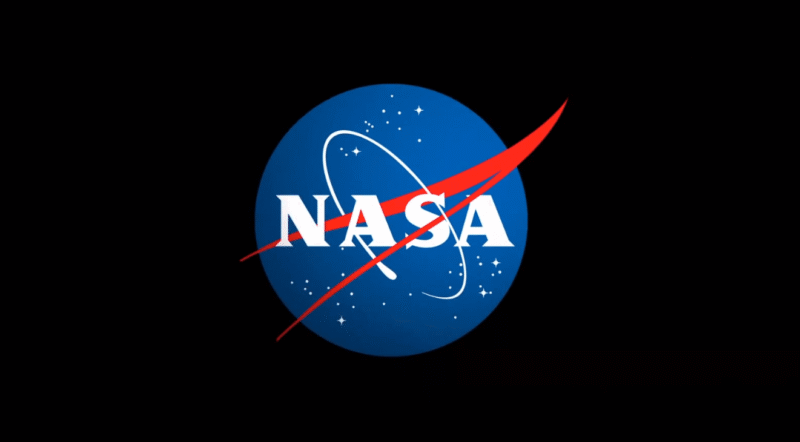Summary Points
-
Contract Award: NASA has selected Florida Power and Light to provide electric distribution services at Kennedy Space Center.
-
Value and Duration: The fixed-price task order is valued at $70 million and spans five years, starting July 1, 2025.
-
Service Scope: The contract covers comprehensive utility services, including management, labor, transport, materials, and equipment across the spaceport.
- Additional Information: For more details, visit NASA’s Kennedy Space Center website: NASA Kennedy.
NASA recently awarded a significant contract to Florida Power and Light. This contract will enhance electric distribution services at the Kennedy Space Center in Florida. The task order is valued at an estimated $70 million over five years.
Initially, the contract includes a two-year base period that begins on July 1, 2025. It also offers two optional extensions—one for an additional two years and another for one year. This structure allows flexibility in meeting the center’s future energy needs.
Under this agreement, Florida Power and Light will handle all aspects of electric distribution. This includes management, labor, transportation, and materials necessary for service. Such provisions ensure that the spaceport operates smoothly and efficiently.
Transitioning to sustainable energy sources is a key goal for NASA. With this partnership, the Kennedy Space Center can improve its energy infrastructure. This advancement supports future missions and promotes technology development.
NASA’s focus on reliable utility services directly impacts its ability to conduct research and support space exploration. By ensuring access to efficient electrical resources, the center can continue its vital work in advancing technology.
For more information about the Kennedy Space Center and its initiatives, visit NASA’s official site.
Stay Ahead with the Latest Tech Trends
Explore the future of technology with our detailed insights on Artificial Intelligence.
Discover archived knowledge and digital history on the Internet Archive.
SciV1

